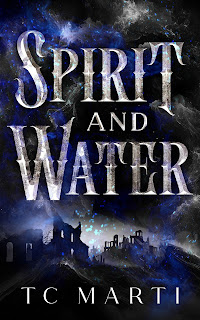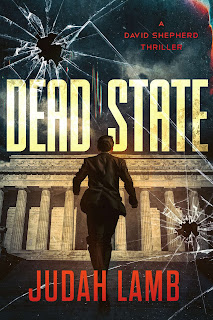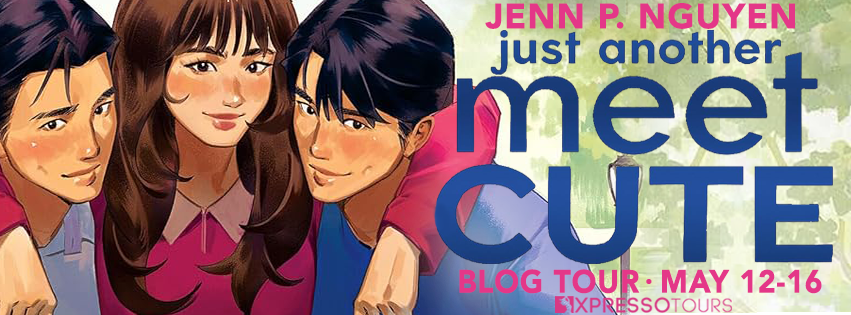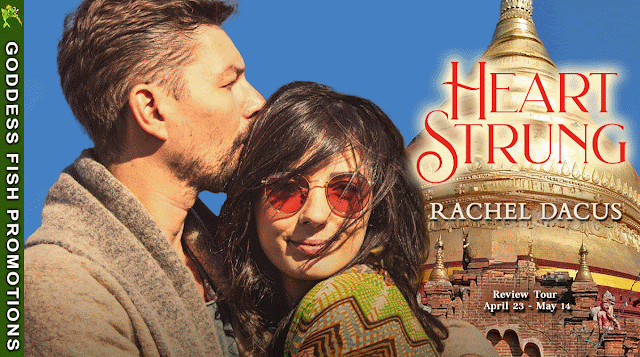What was the hardest scene from your book to write?
There are a number of scenes I found hard to write – and they are always the scenes that portray violence. I always want to empathize with all of the parties involved, and clearly show the depth of the impact from the violence – without being gratuitous or overly graphic.
Finding that balance between not minimizing violence and not exploiting the story is difficult.
In Tide’s End it was a scene where a young woman was sexually assaulted. I cried while I wrote it. I cried when I read it to my critique groups…and often they cried, too.
And while it was hard to write, the story would have been much harder to tell without the honesty and brutality of the violence.
Why did you choose to write in your particular field or genre?
I call my genre a mashup of contemporary fiction and hopepunk…and I don’t know if I could write in any other genre.
I have had the privilege of working with crime victims for decades, and working with prisoners as well. I have been aware of the impact of crime and the inequalities in our legal and correctional systems for decades…between victims and offenders, white and blue-collar crimes, affluent and poor people, colonizers/settlers and Indigenous / marginalized and racially profiled people…
In fact, the reason I write is to help myself process many of the stories of hurt and abuse I hear.
It’s a bonus that some people who’ve never had to engage with “the system” will read the novels and understand both its downfalls and its potential for transforming work.
If you write in more than one genre, how do you balance them?
I don’t…
What did you enjoy most about writing this book?
I thoroughly enjoyed the process of discovery – meeting the characters, uncovering their stories, understanding how their nuanced lives intertwine and affect one another…who falls in love? Who hurts their friends, and why? Who rises above their past? Who drives for better understanding?
Then, when I worked the stories/chapters with my colleague and writer friends and introduced them to the Just Living world, and heard their ideas and concerns, that also gets my creative juices flowing. Writing for me is both a solitary work and is also collaborative. It takes a village to write a story!
What book that you have read has most influenced your life?
In terms of fiction, when I was a teenager I read “I Heard the Owl Call my Name,” (by Margaret Craven) and was profoundly affected by so many aspects of that story! The adventure of the colonizing priest, the culture of the Indigenous Peoples he lived with, the philosophical and spiritual challenges experienced by the characters.
I haven’t thought about this book for some time, but now I have to go read it again – because the young white Quebecois teenager who read it many years ago might not read it the same this time around!
In terms of non-fiction, I vividly remember reading a book when I was a young adult called “Legacy of the Heart- the spiritual advantage of a painful childhood” by Wayne Muller, and it helped me re-frame my childhood. It encouraged me to look towards the Light when I thought about how I’d been affected by alcoholism and violence in my youth.
In some ways, these books charted a path for me to heal from some of my own wounds, but also to become someone who accompanies those who’ve been hurt by others, and can help mediate towards a more peaceful and satisfying life.
Tell us a little about yourself? Perhaps something not many people know?
A little about myself…hmmm…I live with about 90 other people on an organic farm where we support each other and the farmers to carve out and live a more environmentally sustainable life. We love to share food (although not during the pandemic), garden, and get together to watch movies, or make music. It’s a model called co-housing, which for me is a perfect balance of privacy and community. As an empty nester (hallelujah!), it gives me a great place to live, work and write!
But lots of people know about the Yarrow EcoVillage, so something a little more…unknown?
I have an unhealthy relationship with radishes. I have been known to grocery shop for just coffee and 3 bunches of radishes. They make me smile. If I could influence the farmers around here, there would be many more radishes grown.
And ladybugs.
I love them too.
But I don’t eat them. Ever.
Can you tell us something about your book that is not in the summary?
Baking plays a key role in my books! Scones are a key tasty character…and although I love scones, I have to confess I don’t bake very often. So I live vicariously through the most delicious scones that Beth bakes for the folks at Just Living and Tide’s End.
Because who doesn’t find divine conversations while sharing great baked goods?



























































.jpg)










4 comments:
Thanks for hosting!
I appreciate getting to hear about a new book. Thanks so much for taking time to share.
Which character was hardest to write for?
Thank you everyone for your comments (and Avid Reader for hosting!).
I'm glad you appreciated the introduction.
Bernie - Jenny was particularly hard to write for - staying true to her age-appropriate voice, and creating a rich (yet small) window into her world was challenging.
In related news, she has a much larger role in the next book in the series (currently being written).
Post a Comment